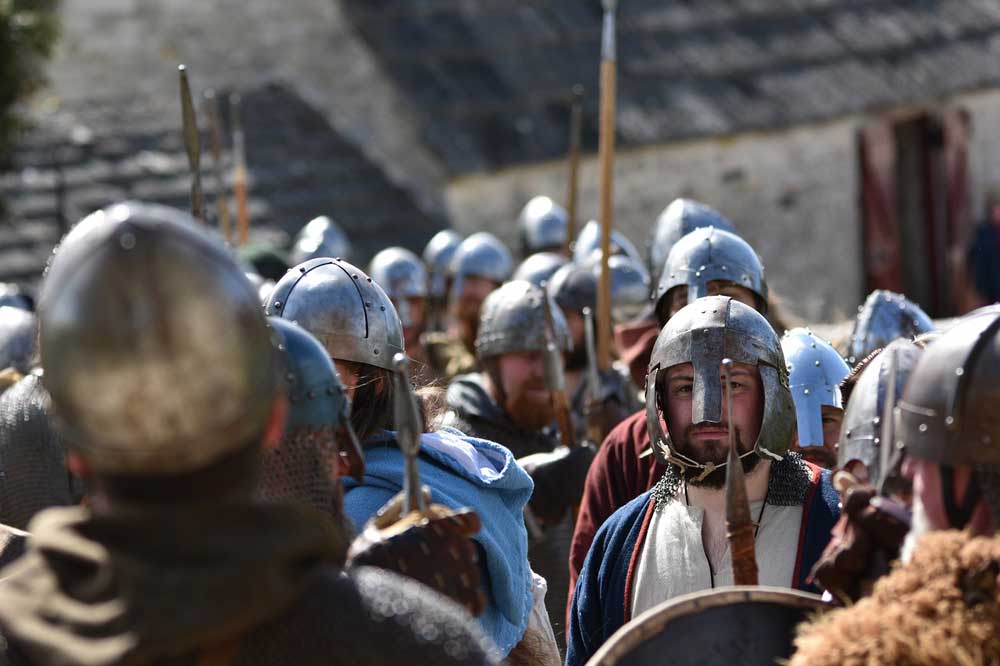Legion Chronicles

Key lessons from the elite force behind Ancient Rome’s legacy
I’m a history buff. I love metaphors and making connections. So it’s only natural that when establishing a consultancy, I drew upon these three passions for inspiration, and as it turns out, a company name.
There are three key things that made the Roman Legionary force so successful in their missions: 1) Working as a unified, disciplined group, 2) Taking a proactive approach to challenges, and 3) Keeping long term goals in mind while focusing on the today as well as their next campaign.
Legionaries over-trained for combat by carrying heavier weapons and other items than they would actually use on the battleground. This method prepared them to be agile in the heat and stress of battle. Training took place in a variety of terrains and weather, again ensuring that legionaries would be prevail during the harshest of missions.
The legionary approach to challenges was very proactive. Many of the roads and bridges built in the period were in response to soldiers responding to a need. Can’t get across the river? Build a bridge. Terrain slowing you down, reducing speed for reinforcement, resupply or retreat? Build a new road. Every legionary carried a shovel alongside their spear and shield. The thing I love about this level of preparation is that rather than waiting for someone else to solve their problem, or just going along without, they took charge and built what they needed themselves.
Legionaries signed a 25-year contract, with the promise of land (or financial equivalent) at the end of the period, along with social position. Being away from family, engaged in battle in the sweltering heat or the freezing cold would be more difficult to handle without a long-term goal. If not for that reward and the risk of forfeit, it would have been tempting to walk away, avoid confrontation, or do a less than effective job.
So what can we take from these lessons?
- How can you over-prepare to withstand hardship during the good times? For example, can you plan for more than usual competitive activity to drive additional, broader or more diverse planning?
- When faced with challenges, how can you take proactive action? Can you empower your people to work together and build a bridge when faced with issues?
- Do you plan for the short, medium, and long-term? Does that plan keep you focused and on track with your current strategy as well as emerging opportunities?
